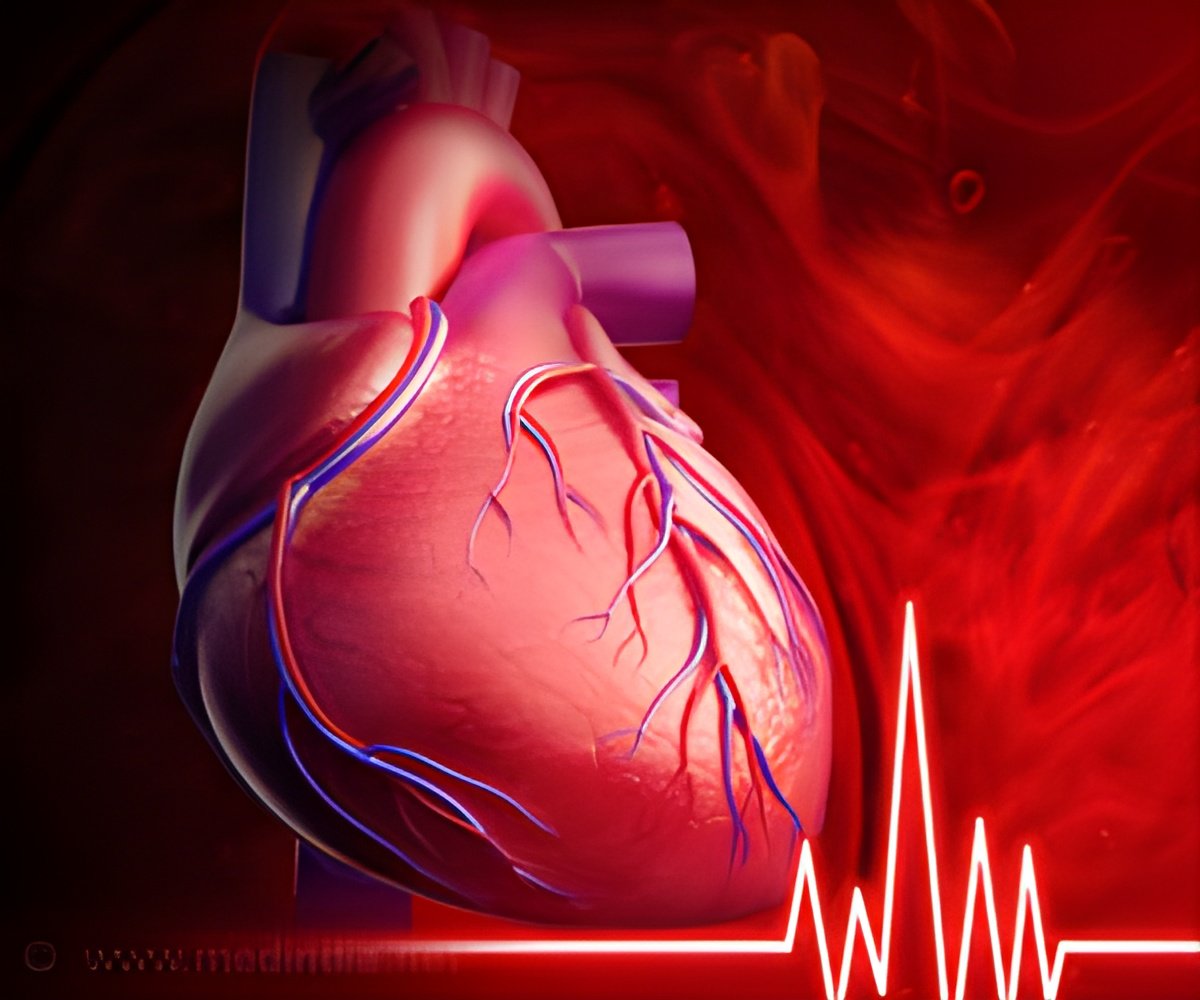Circadian clock protects from radiation-induced toxicity and potentially impacts radiation treatment outcomes in cancer patients through Radiation‐induced DNA damage responses.

‘Radiation therapy is commonly used to treat solid tumors; however, the heart is an unintentional target of ionizing radiation. Radiation exposure to the heart results in chronic toxicities, including heart failure.
’





A new study conducted by researchers in the Washington State University College of Pharmacy and Pharmaceutical Sciences suggests that a preventive solution may lie in the biological clock, the built-in time-keeping mechanism that keeps us on a 24-hour cycle of rest and activity and regulates a wide variety of processes in our bodies.The study used a rodent model to determine whether the biological clock is involved in heart toxicity from radiation therapy and could be used as part of a strategy to reduce this toxicity. Their findings showed that after receiving a dose of radiation to the heart, mice with disrupted biological clocks had significantly worse heart function than control mice.
In addition, the researchers demonstrated that a protein is known as Bmal1--which drives 24-hour rhythms in the expression of many genes--plays an important role in protecting the heart from radiation-related damage.
"Our findings suggest that Bmal1 serves as a biomarker for the susceptibility to radiation-induced DNA damage to the heart," said Shobhan Gaddameedhi, an assistant professor in the Department of Pharmaceutical Sciences and the study's senior author.
Though more research is needed, the researchers are hopeful that their discovery could someday be used to improve treatment outcomes for breast cancer patients. Panchak Dakup--the study's first author and a Ph.D. in pharmaceutical sciences student--said their finding holds promise for personalized medicine. "For example, in breast cancer patients who have a long history of working night shifts, the expression of biological clock proteins such as Bmal1 may be compromised, and it could be that radiation therapy is not the best option for them."
Advertisement
Dakup conducted the experiments for the study as part of a predoctoral fellowship supported by the American Heart Association. Additional major support for the study came from the National Institutes of Health.
Advertisement
The second group was wild-type mice that were put on a simulated rotating shift schedule in which light-dark cycles were reversed weekly, throwing off their clocks. The control group consisted of wild-type mice with healthy biological clocks that were on a simulated day shift schedule. All mice received radiation treatment to the chest that included all of the heart.
Collaborating with assistant professor of pharmaceutical sciences and cardiovascular biology expert Zhaokang Cheng, Dakup used ultrasound echocardiography technology to compare heart function among the three groups, both prior to and up to six weeks after radiation treatment. In clock-disrupted mice, the heart's ability to pump blood out and into circulation was compromised due to a loss of elasticity in the heart ventricle. Those mice also had more heart scar tissue than control mice.
Additional analyses focused on determining a potential relationship with the biological clock protein Bmal1. The researchers showed that Bmal1 levels across 24 hours were significantly lower in clock-disrupted mice versus control mice and peaked at a later time. They also found that higher levels of Bmal1 were associated with lower DNA damage levels, and vice versa.
Finally, the researchers found that Bmal1 interacts with the BRCA1, BRCA2, and ATM genes, three DNA damage response genes they said are important in fighting against radiation-induced DNA damage and cell death.
"When Bmal1 binds to these genes, it is potentially trying to elevate or activate their function against the collateral damage caused by radiation therapy," Gaddameedhi said.
The researchers' next step is to test their hypothesis in a cancer model. This will help them pin down the exact mechanism by which the biological clock protects the heart from radiation damage. They could then use this knowledge to develop new treatment strategies to minimize heart damage while maximizing the ability to kill tumor cells. Any such strategies would first need to be tested in clinical trials before they could be adopted.
Source-Eurekalert















